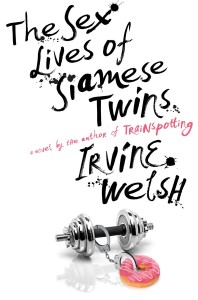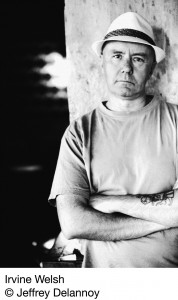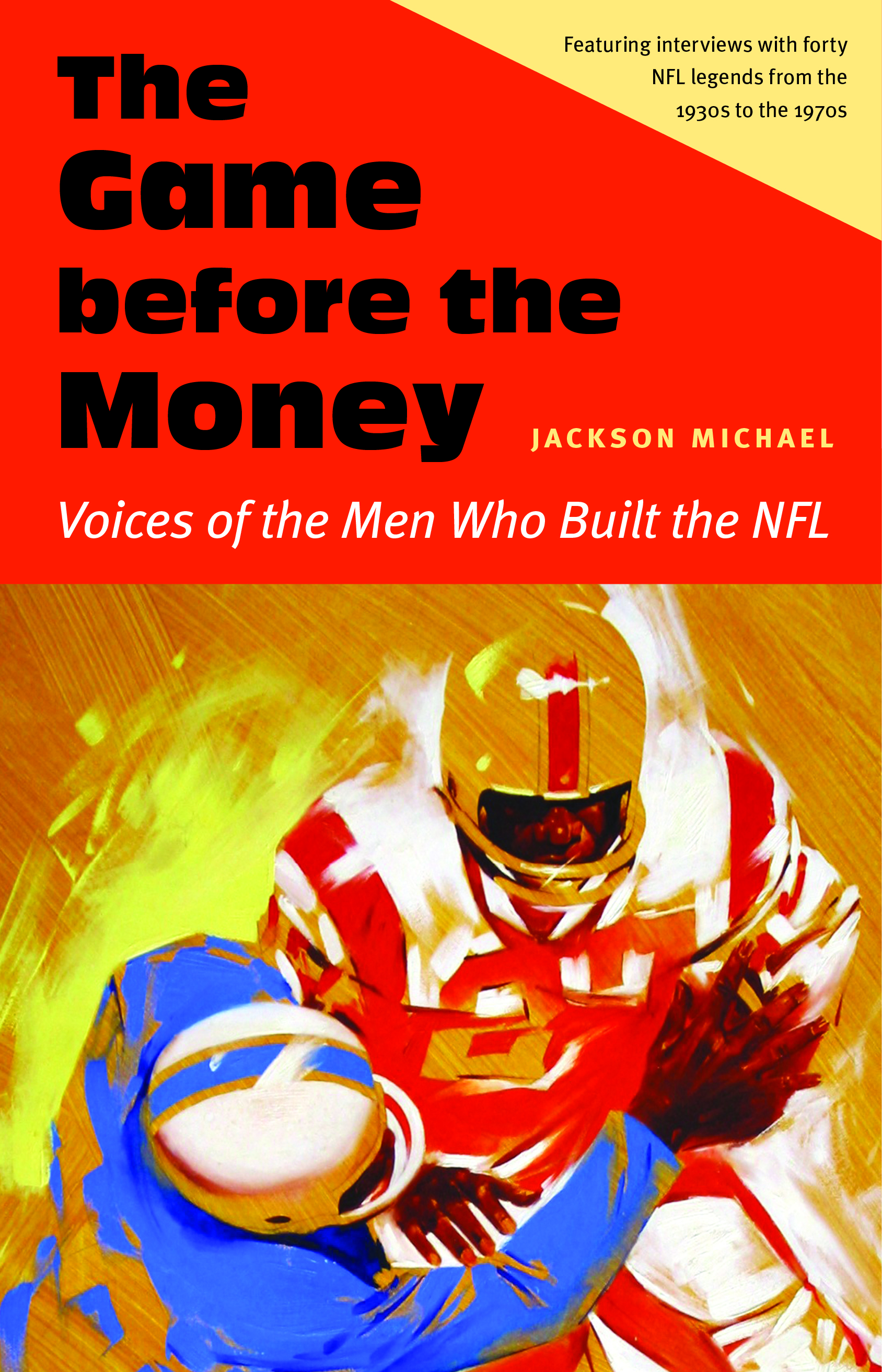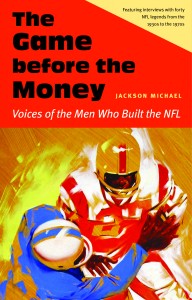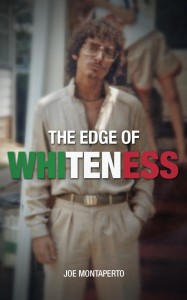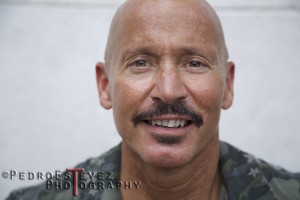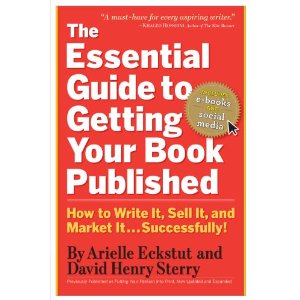Do you have social mediaphobia? Scared opf Twitter? Terrified of Facebook? Shiver at the thought of Instagram? Get yourself a tween mentor. They know how to do everything on social media because their brains are hardwired that way. And, the work for Kit Kat bars.here’s a video we made to show you how.
Tag: edit
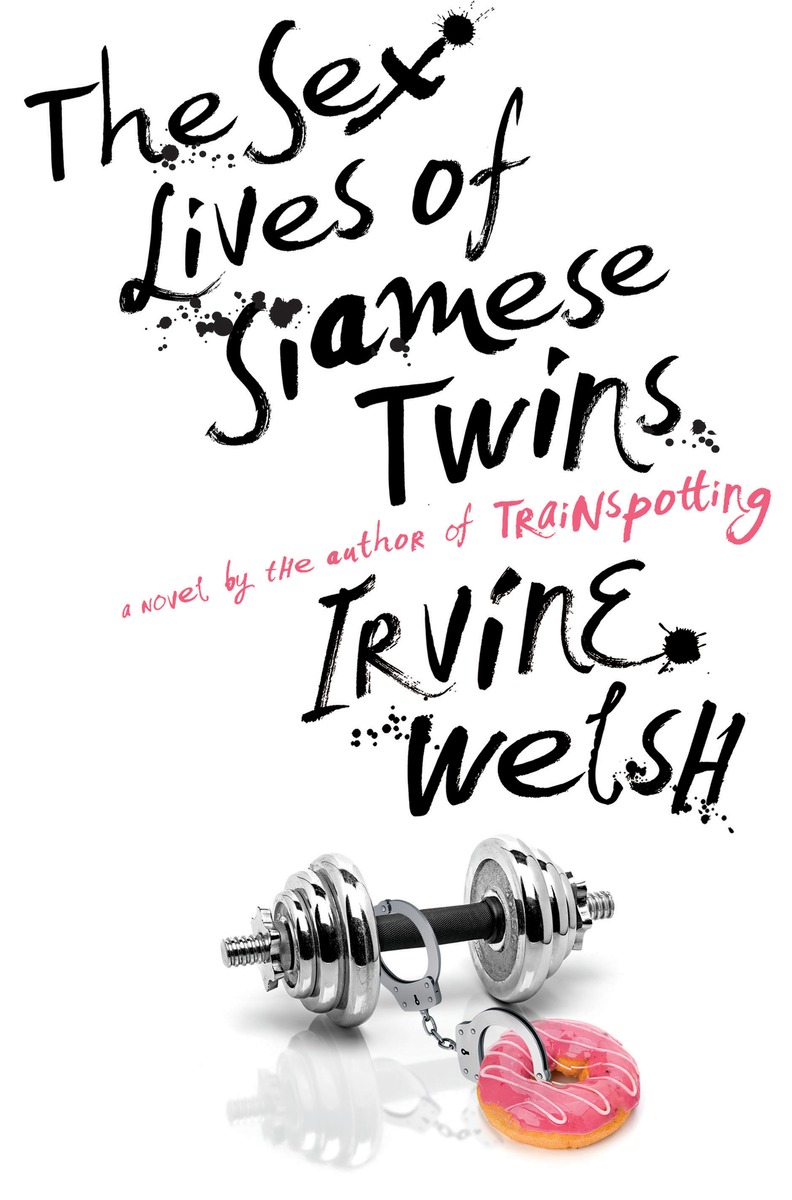
To read on Hoff Po click here.
Well, he’s at it again. Yes, Irvine Welsh has produced another wild tale full of maniacal madness. The Sex Lives of Siamese Twins. Naturally it’s got Siamese twins sexing it up and being surgically sawn in half. Murder, envy, fat chicks, lunatic kidnappers, media feeding frenzy, dildos pumping away like there’s no tomorrow . But this book is very different. First of all, it’s set in sun-splashed Miami, where Mr Welsh currently has one of his residences. It’s also written from the perspective of two women. And two women who couldn’t be much different from each other. I must confess I loved this book. I devoured it in a weekend, like a junkie binging on China white. You know, the good shit. And this book really actually changed my life. I became horrified by how much empty-calories I was shoving down my pie hole and I’ve been working out like a psycho-trainer was screaming in my ear about how I had to feel the burn. So I thought I would pick the brain of Mr Welsh and figure out how, & why, he did it.
The Book Doctors: What inspired you to write a book that is so incredibly different from the dark, beer-stained, junky-filled landscape of Scotland that made you famous?
Irvine Welch: Miami – a different world altogether from Scotland, a much more visual, body-obsessed culture. I’ve a place there and I’m in the town often.
TBD: Many successful writers seem to write the same book over and over and over. But this book is so far removed from what your fans are used to. Did you think about that in terms of the Irvine Welsh brand? Do you feel pressure, either from yourself, or from your publisher, to just stick with what you already know works?
IW: I don’t think so. I love writing about where I come from, but you also need to step outside your comfort zone from time to time. Unless you are doing genre fiction and are more conscious of deliberate brand building, you can only really write the book you write. I have a blank page and that’s a great luxury. I don’t need to start the first sentence with ‘Harry Potter said…’ or ‘Inspector Rebus rose early…’ and that’s a luxury. I can bring back Begbie or Juice Terry, but only if they are the right tools for the job. In this case they weren’t, so I created Lucy and Lena to tell the story.
TBD: Was it difficult to write in the voice of 2 women who are American & so removed from the dialect of your home turf? What are the methods you used to capture these voices?
IW: The biggest problem isn’t so much the language and dialect. I’m quite tuned into that through living in the States and being married to an American. The toughest thing is the cultural references, all the TV shows etc, that inform conversations. I had to make sure a lot of American friends saw early drafts.
TBD: The main character in the story seemed to me to bear a striking resemblance to Frank Begbie, the notoriously violent psychopath in Trainspotting. Except for the fact that she’s a bisexual body trainer who (mostly) disdains alcohol. What draws you to these extreme characters and how do you manage to get into their heads so successfully?
IW: I like uncompromising characters. They are tough to deal with in real life, but great fun in fiction. With a character who is ‘out there’ you can literally have them do anything. That’s a blessing for a writer
TBD: I don’t want to spoil the plot, but there’s such a fantastic switch, actually several of them, toward the end of your book. Do you outline where your story is going? How do go about constructing plot?
IW: I tend to let the plot come from the characters. Sometimes I might have a vague idea of where I want to go, but I like to throw away my GPS and give them the wheel. “Take me to Miami…or anywhere else interesting” is my only instruction.
TBD: How is it that you’ve managed to get away without ever using quotation marks?
IW: I hate quotation marks. I read a Roddy Doyle novel years ago when I was starting out – The Commitments- and his use of the dash seemed to convey the urgency of the characters better. So it’s Roddy’s fault!
TBD: I was fascinated by the theme of numbers. Did you do a lot of research for this book?
IW: Numbers and stats are huge in America. Especially sports. The idea of measurement is ubiquitous. I did a fair bit f research, but not as much as might be imagined. I suppose watching sports and reality TV is research…
TBD: When I am in Europe, the only fat people I seem to see are American tourists. This is of course one of the big themes of your new book. Why do you think Americans are so fat?
IW: The rest of the world is catching up! But consumerist culture is huge in America, as is fast food. You put those two together and you are heading for lardland.
TBD: Have you ever had a book rejected?
IW: Yes, I wrote a terrible ‘experimental’ novel for my third book. My editor said something along the lines of ‘this is shit. You’re just trying to show off. Go and write the book you really want to write.’ So I binned it and came back with Marabou Stork Nightmares, which is a book I’m very proud of.
TBD: Do you have any tips for writers who want to you explore the dark parts of human nature that would seem, at first blush, to be difficult to sell to the mainstream of the book world?
IW: If you think about the market you are in a very different game. Write what you want to write; work out how it sell it when it’s done.
Irvine Welsh is the author of Trainspotting, Ecstasy, Glue, Porno, Filth, Marabou Stork Nightmares, The Acid House, Skagboys, and, most recently, The Sex Lives of Siamese Twins. He currently lives in Chicago, IL.
Arielle Eckstut and David Henry Sterry are co-founders of The Book Doctors, a company that has helped countless authors get their books published. They are also co-authors of The Essential Guide to Getting Your Book Published: How To Write It, Sell It, and Market It… Successfully (Workman, 2010). They are also book editors, and between them they have authored 25 books, and appeared on National Public Radio, the London Times, and the front cover of the Sunday New York Times Book Review.
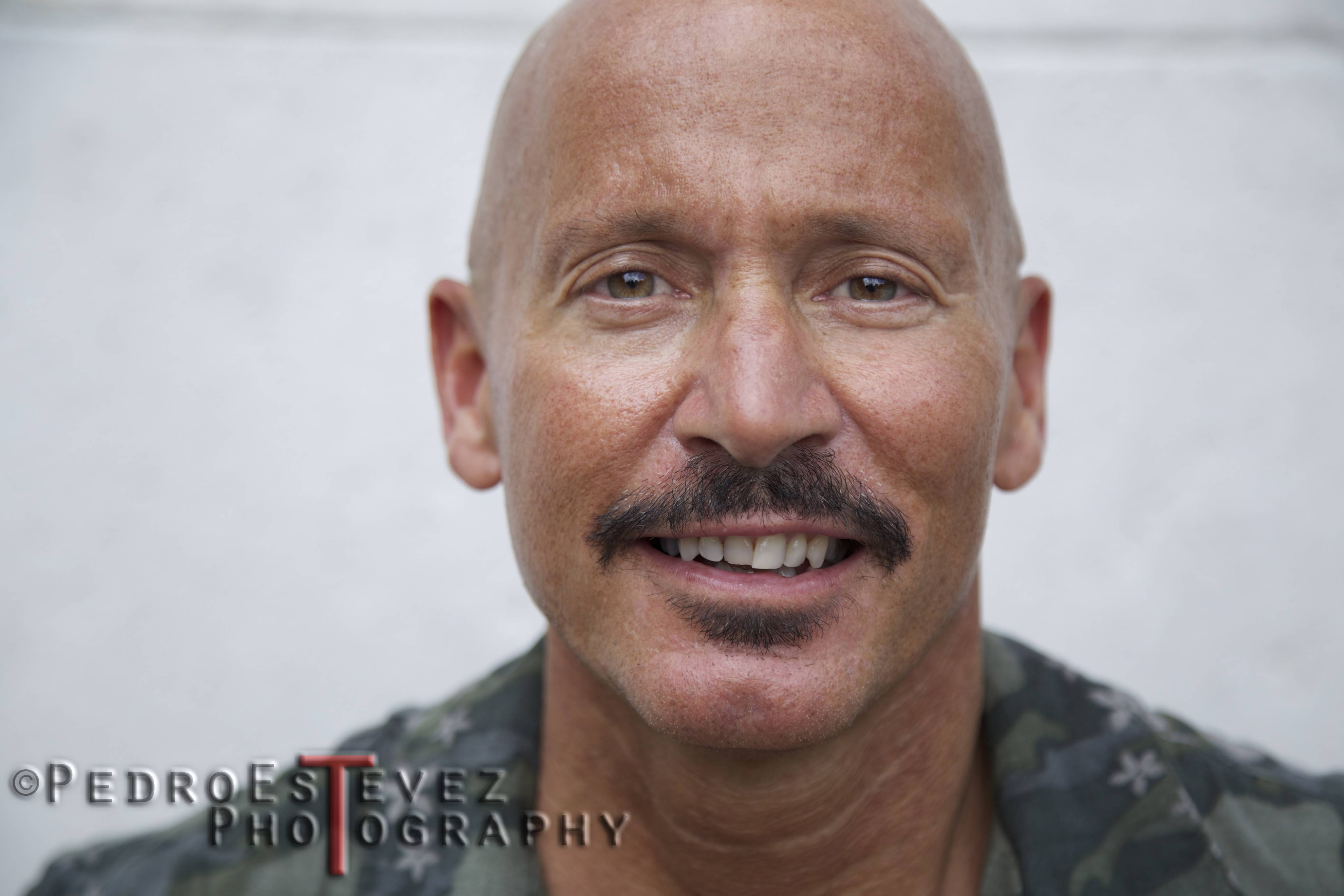
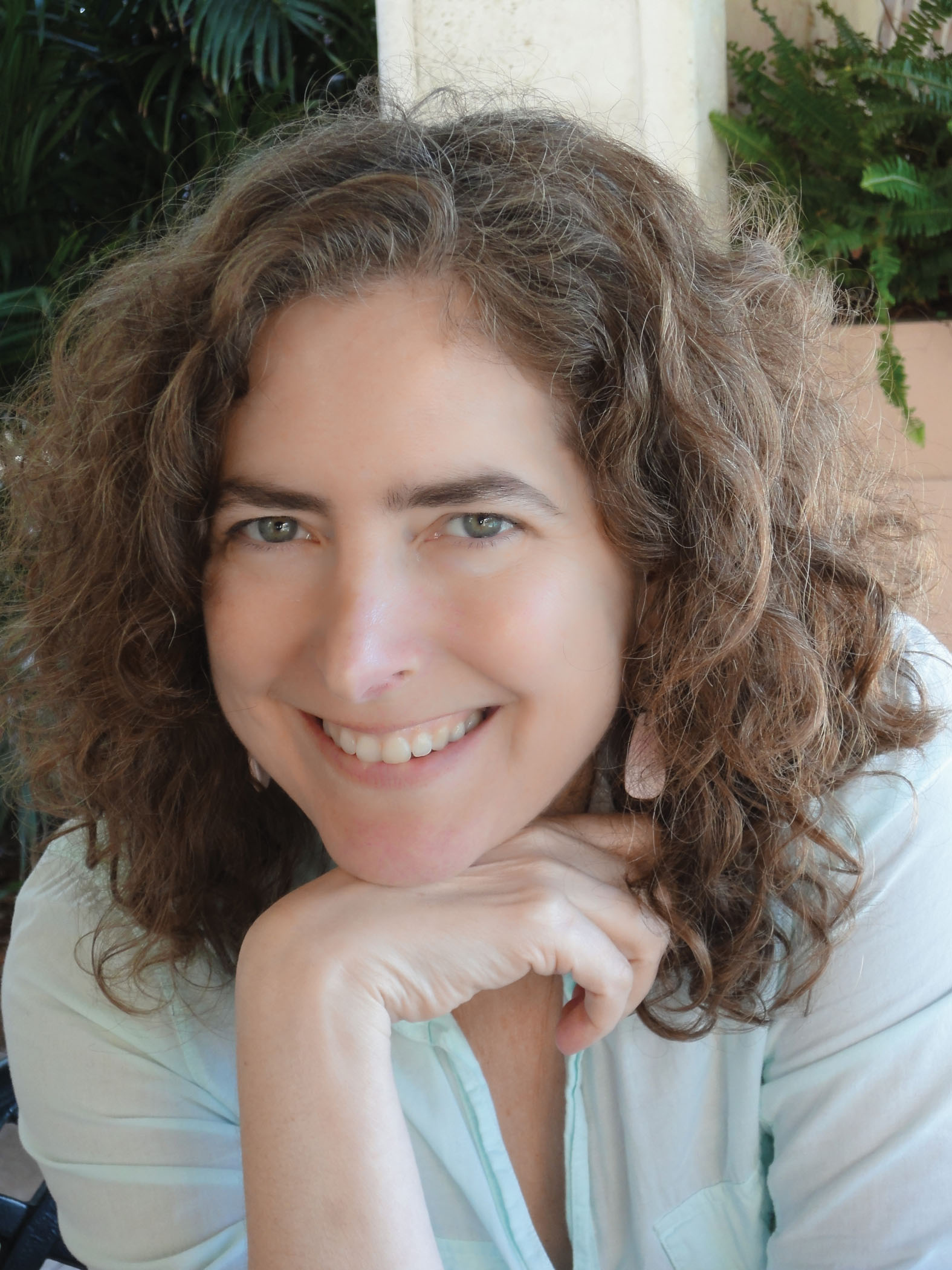
To read on Huffington post, click here..
After three different people recommend the book to me, I always try to read it. This is the case with Birds of Paradise by Diana Abu-Jaber. It was one of those rare books that I found literary yet page turning. A work of art but also a work of commerce. So I thought I’d reach out to her, to find out exactly how the heck she does it.
The Book Doctors: What is your writing process from coming up with the idea through writing the first draft and then revising and working with an editor?
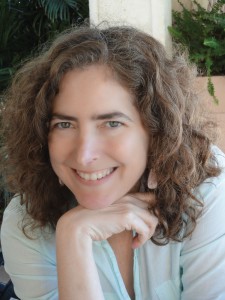
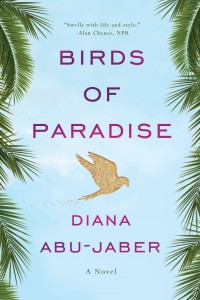 Diana Abu-Jaber: The Book Doctors: I write my novels long hand in the first draft. I used to transcribe them myself, which of course is wildly time consuming. These days I hire a typist and then revise on the computer. I try to get several eyes on a manuscript before it goes to my agent–I’m often in some sort of writing group and will inflict hundreds of pages on them, begging for feedback. My agent always has excellent editorial advice, and my editor is–I say this with a smile–extremely involved. She is brilliant and I’m lucky to have her guidance and support.
Diana Abu-Jaber: The Book Doctors: I write my novels long hand in the first draft. I used to transcribe them myself, which of course is wildly time consuming. These days I hire a typist and then revise on the computer. I try to get several eyes on a manuscript before it goes to my agent–I’m often in some sort of writing group and will inflict hundreds of pages on them, begging for feedback. My agent always has excellent editorial advice, and my editor is–I say this with a smile–extremely involved. She is brilliant and I’m lucky to have her guidance and support.
TBD: Having written memoir and fiction, how do you approach these two forms differently?
DAJ: Novels I understand better. They’re about trying to get the story down–which is never easy, but the process makes more sense to me. Memoirs are more elusive to me. I’m trying to write a new one now and first I wrote it as straight chronological narrative, then I had to go back over the whole thing, bust it into sensory fragments, then pull up the big themes, then try to weave it together again. There must be an easier way, but I haven’t found it yet.
TBD: What kind of training did you get in learning how to be a professional writer?
DAJ: My father was a story-teller and my mother was a reading teacher, they really gave me my foundation. I took a lot of writing classes and workshops in high school and college, but I think they were most valuable in giving me the justification for pursuing this madness and instilling the sense of an audience.
TBD: What’s the best advice anyone ever gave you about writing?
DAJ: Start with yourself, work out from there.
TBD: I love the way you use food in Birds of Paradise, how did you come up with & implement the idea of weaving food through the narrative?
DAJ: Thank you. I’ve been writing around and about food for a long time. I come from a line of serious cooks and it was something I thought I’d do professionally to support my writing. I used to keep little writing books in my pocket when I worked in kitchens and it naturally became one of the lens through which I saw the world.
TBD: It seems one of the themes in Birds of Paradise is how disconnected Americans are from each other. Family. City. Country. What made you want to write about that?
DAJ: That’s interesting– I hadn’t been conscious of that as I was writing! But it makes sense as it’s a bit of an obsession for me. I think it comes from a lifetime of listening to the Arab side of my family complain about the American side. It’s a real Old / New World divide, the tradition of gathering, talking, cooking, and eating together is still very strong in other countries and I see it getting winnowed away in this country– everything sacrificed to the great American time crunch. I think it’s one of our great and most catastrophic losses.
TBD: What is it like to judge writers for the National Endowment of the Arts?
DAJ: Enormous fun and crazily exhausting. The piles of manuscript boxes that come in before the judging kind of makes you want to weep. But then the actual week of judging is so intense and interesting– the other writers I worked with were so smart and talented, I’m grateful to have done it.
TBD: What advice do you have for writers?
DAJ: As much as you’re able, don’t worry about what others are doing– try to keep your head in the work. Read widely and continually and work on your writing on a daily basis. It’s a marathon not a sprint.
Diana Abu-Jaber’s newest novel, Birds Of Paradise, is the winner of the 2012 Arab-
American National Book Award. It was also an Indiepicks selection, named one of the
top books of the year by National Public Radio, the Washington Post, and the Oregonian,
and a finalist for both the Northwest Bookseller’s Award and the Chautauqua Prize.
Diana was born in Syracuse, New York to an American mother and a Jordanian father.
When she was seven, her family moved to Jordan for two years, and elements of both her
American and Jordanian experiences, as well as cross-cultural issues appear in her work.
Her novel, Origin was named one of the best books of the year by the LA Times, the
Chicago Tribune, and the Washington Post. Her second novel, Crescent, won the PEN
Center Award for Literary fiction and the American Book Award. Her first novel,
Arabian Jazz won the Oregon Book award for Literary Fiction and was a finalist for the
PEN Hemingway Award. The Language of Baklava, her cooking memoir, won the Northwest Booksellers’ Award, was a finalist for a James Beard Award, and has been published in many languages. Diana teaches at Portland State University and divides her time between Portland, Oregon and Miami, Florida. She can be found on Twitter at: @dabujaber and on her website www.dianaabujaber.com
Arielle Eckstut and David Henry Sterry are co-founders of <a href=”http://www.thebookdoctors.com/” target=”_hplink”>The Book Doctors</a>, a company that has helped countless authors get their books published. They are also co-authors of The Essential Guide to Getting Your Book Published: How To Write It, Sell It, and Market It… Successfully (Workman, 2010). Arielle Eckstut has been a literary agent for 20 years at The Levine Greenberg Literary Agency. She is also the author of eight books and co-founder of the iconic brand, LittleMissMatched. David Henry Sterry is the best-selling author of 16 books, on a wide variety of subject including memoir, sports, YA fiction and reference. His books been translated into 10 languages, and he’s been featured on the front cover of the Sunday New York Times Book Review. They have taught their workshop on how to get published everywhere from Stanford University to Smith College. They have appeared everywhere from The New York Times to NPR’s Morning Edition to USA Today. Twitter: @thebookdoctors
</a>
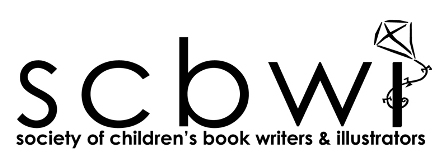
We just got a wonderful review for The Essential Guide to Getting Your Book Published (to buy click on link). Here’s the Essential Guide in SCBWI Bulletin.
BY HEATHER E. SCHWARTZ
TRYING TO WRITE the perfect pitch? Need help handling rejection? Wish getting published weren’t such a harrowing and mysterious endeavor? Like most writers, I’ve been there. Then, I found The Essential Guide to Getting Your Book Published, by Arielle Eckstut and David Henry Sterry. I love everything about this book: The humorous and compassionate tone. The three-part structure that divides four hundred and sixty-three pages into manageable sections. The way the authors answer questions I’ve had for years. (Wondering how to put a personal spin on a letter to an agent you’ve never met? Yes, the answer is in here!) The Essential Guide to Getting Your Book Published is packed with information on every aspect of publishing, from developing marketable ideas, establishing a platform, and perfecting your pitch to negotiating contracts, working with publishers, and self-publishing. It also covers the work authors need to do after their book is out—publicity and marketing, connecting with readers, selling books, and evaluating the entire process, so you’ll be prepared when it comes to writing and selling your next book. It’s easy to feel comfortable following the advice you’ll find in The Essential Guide to Getting Your Book Published. Eckstut is a writer, entrepreneur and agent-at-large for the Levine Greenberg Literary Agency. Sterry is the author of eleven books. And throughout every chapter, they’ve included stories from successful authors who can inspire, warn, and motivate those who are new to the world of publishing.
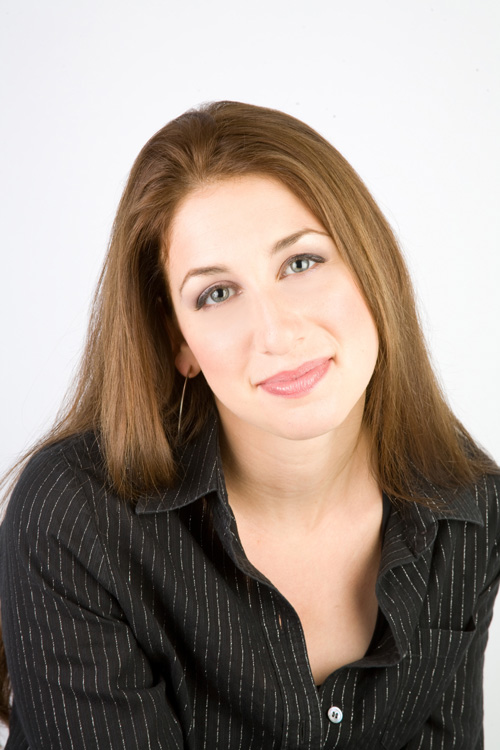
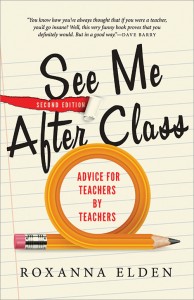 To read on Huffington Post click here.
To read on Huffington Post click here.
When we first met Roxanna Elden during our workshop at the Miami Writers Institute, she said she had an idea for a teacher book. This made us skeptical at first — we’ve run publishing workshops for years, and in that time we’ve met hundreds of teachers who wanted to write books. Quickly, though, we realized Roxanna’s idea was different: a book that debunks Hollywood-movie teaching myths (see Hilary Swank, Edward James Olmos and Michelle Pfeiffer), and shares honest, funny stories and practical advice from teachers around the country. She described it as “Hard Liquor for the Teacher’s Soul.” Arielle and I were impressed, but we know writing doesn’t work like Hollywood either. Many talented writers give up before their work gets into the right hands. That’s why, along with quality writing, thorough research, and smart networking, our workshop emphasizes a fourth component: Persistence. Roxanna took this message to heart.
See Me After Class: Advice for Teachers by Teachers was first published in 2009. Unfortunately, just as the book was beginning to gain national attention, the original publisher stopped printing its entire line of career books. Situations like these, as we mention in our book, The Essential Guide to Getting Your Book Published, can test even the most persistent of authors. But take heart, orphaned authors. The book caught the attention of Sourcebooks — one of our favorite publishers. A second edition of the book is out this month with an even better cover, a top-notch publisher, and an author with several years of experience promoting a published book. We are now checking in eight years since we first met Roxanna when she was a writer dreaming of being an author at our workshop. We asked her about teaching writing, writing about teaching, and getting a second shot at publishing success.
The Book Doctors: Congratulations on the second edition, but let’s start at the beginning. When did you start writing your book and why?
Roxanna Elden: My younger sister began teaching three years after I did, and during her first year, I started writing the book I needed during my first year — a funny, honest, practical collection of stories and tips from veteran teachers. There are so many books that share heartwarming teaching stories, but on a day when a second grader curses at you, you don’t want to read a heartwarming success story. You want to read a story about a kindergartener punching a teacher in the eye. You need to know that teachers can bounce back from their worst days and still go on to become successful. Then you need to know the next manageable step you can take to be a better teacher in the morning.
TBD: What has changed for teachers since the first edition of your book came out?
RE: New teachers today spend a ton of time comparing their unedited footage to other people’s highlight reels. They are also caught in the middle of political debates about education that have become much more public, polarized and angry. New teachers are usually not interested in getting caught up in politics, though. They just want to focus on getting kids to stop throwing wet toilet paper at the bathroom ceiling.
TBD: What has changed in your life since you first became a published author?
RE: I’m now a relatively experienced teacher, but I have recently become a rookie parent. It’s been a long time since I’ve been a beginner at something where the stakes are so high, and it kind of brings me back to that feeling of being a beginning teacher.
TBD: How does being a new parent compare to being a new teacher?
RE: Both teachers and parents need humor, honesty, and practical advice. The most important difference, however, is that there is that there are very few parents who quit within five year. Nearly half of all teachers do quit within five years. At low-income schools, half of all teachers leave within three years. Students at low-income schools are much more likely to have a rookie teacher at the front of the classroom. Any lessons new teachers learn the hard way, they learn full of a class full of kids. <em>See Me After Class</em> lets them know they are not alone.
TBD: You have attended the Miami Writers Institute for many years. How did that community help you with the writing and selling of your book?
RE: People travel from all over the country to attend the Writers Institute at Miami Dade College. I’m lucky enough to live ten minutes away. The Writer’s Institute has been like an express train, moving me to each new publishing milestone faster than I could have gotten there on my own. They offer workshops and opportunities that help with every part of the process. My first time attending was the year the Book Doctors were presenting. Your book and workshop gave me a map to follow that kept me from taking unnecessary detours. In later years, I attended workshops on structure and revision that helped make the book everything it could be. Four years into the process I met my agent, Rita Rosenkranz, at a workshop she was presenting on non-fiction book proposals at the conference.
TBD: For many authors, finding an agent is one of the most difficult parts of the publishing process. What was the process like for you?
RE: It was the longest part of the publishing process for me, and the most difficult, ego-wise. I spent many weekends eating pizza in my pajamas and reading “The Rejection Section” of your book. Then, each time, I would decide I’d put in too much work to quit, and start researching other agents. Most of my early queries led to one-line emails and rejection form letters. Then I started getting personal rejections with feedback. Later there were agents who showed interest at first and then said no after months of preparation on my part. This was frustrating, but their demands forced me to strengthen my platform — I launched a website, began performing standup comedy, and began finding public speaking opportunities. I also became a National Board Certified Teacher, which enhanced my credibility within the teaching profession. When I attended Rita Rosenkranz’s workshop about four years into the process, I immediately had the feeling that all of my experiences with other agents — even the frustrating ones — had prepared me so I would be ready when I met her. I handed her a business card and followed up by email the same day. Within a week we had a contract, and less than a month later she got a great contract with our first publisher. Later, when the book went out of print, she acted immediately to get the rights back and find a new home for the book at Sourcebooks, who has done an amazing job with the second edition. Without Rita’s help I would never have had the courage to switch publishers, and even if I did I can’t imagine I would have ended up with such a good one.
TBD: What is different in your promotional plan this time around?
RE: For this edition, I am starting with a much larger network of people who have read the book and are now happy to help promote it. The past four years have also provided a tremendous opportunity to connect with other writers and organizations that work with teachers, which has also helped in promotional efforts. Best of all, in the process of speaking to spread the word about the first edition, I’ve realized I love speaking to teachers and others interested in education. The past few years have brought many new offers for paid speaking opportunities, which has led to an unexpected side-career speaking on a variety of education-related topics.
TBD: We usually hate to ask writers to give writing advice, but you teach writing at a high school — what advice do you give students based on your own experience as an author?
RE: I usually don’t tell students that I’ve written a book until late in the year. Then I do a short unit on the publishing process and also try to relate it to other careers in which people advise you to “keep your day job:” music, acting, art, dancing, etc. I have a Xeroxed packet of my past rejection letters that I pass out early in the talk. Then I tell students the happier parts of the story. In the process, I try to reinforce the same four points your workshop emphasized four years ago, adapted for a high school audience: Put in the time to do it right, make an effort to meet people who can help you, and do your homework to see where you fit into your market. Most of all, be persistent: even if you hit roadblocks along the way, the story is not over until you say it is. But also keep your day job.
Roxanna Elden is a National Board Certified high school teacher. Her book, See Me After Class: Advice for Teachers by Teachers, is a funny, honest, practical guide with tips and stories from teachers around the country. Elden also speaks on a variety of education-related topics. For more information visit www.seemeafterclass.net.
The Book Doctors have helped dozens and dozens of amateur writers become professionally published authors. They edit books and develop manuscripts, help writers develop a platform, and connect them with agents and publishers. Their book is The Essential Guide to Getting Your Book Published. Anyone who reads this article and buys the print version of this book gets a FREE 20 MINUTE CONSULTATION with proof of purchase (email: [email protected]). Arielle Eckstut is an agent-at-large at the Levine Greenberg Literary Agency, one of New York City’s most respected and successful agencies. Arielle is not only the author of seven books, but she also co-founded the iconic company, LittleMissMatched, and grew it from a tiny operation into a leading national brand that now has stores from Disneyland to Disney World to 5th Avenue in NYC. Her new book is The Secret Language of Color: Science, Nature, History, Culture, Beauty of Red, Orange, Yellow, Green, Blue, and Violet. David Henry Sterry is the author of 15 books, a performer, muckraker, educator, and activist. His new book is a 10 year anniversary of his memoir, Chicken, an international bestseller, which has been translated into 10 languages. His anthology, Hos, Hookers, Call Girls and Rent Boys was featured on the front cover of the Sunday New York Times Book Review. The follow-up, Johns, Marks, Tricks and Chickenhawks, just came out. He has appeared on, acted with, written for, worked and/or presented at: Will Smith, Edinburgh Fringe Festival, Stanford University, National Public Radio, Penthouse, Michael Caine, the London Times, Playboy and Zippy the Chimp. His new illustrated novel is a coming-of-age, Mort Morte, black comedy that’s kind of like Diary of a Wimpy Kid, as told by Travis Bickle from Taxi Driver. He loves any sport with balls, and his girls. www.davidhenrysterry.com
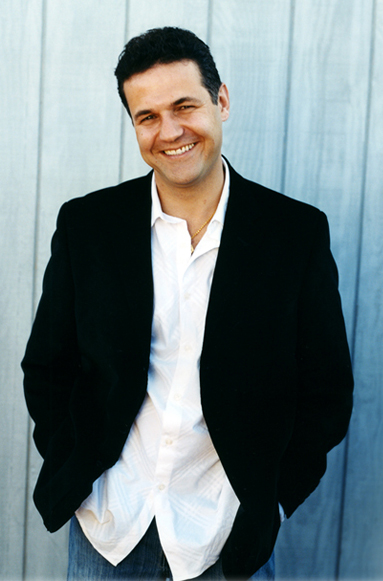
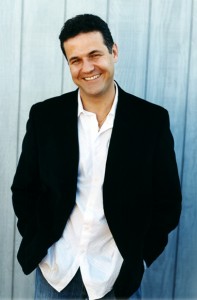
My man Khaled sits for a brain-picking by the Book Doctors on the Huffington Post.
http://www.huffingtonpost.com/david-henry-sterry/khaled-hosseini-on-worksh_b_3721494.html
WORD bookstore in Brooklyn is a fantastic bookstore. We had a lovely Art of the Novel event. Thanks to Jenn!
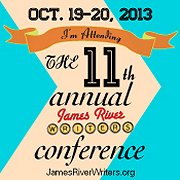

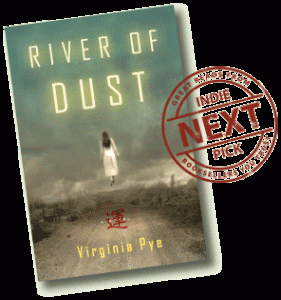 Originally published in Huffington Post.
Originally published in Huffington Post.
We first met Virginia Pye at the James River Writers Conference, one of the best writers conferences in America. If you’re a writer, do yourself a favor, get yourself to Richmond, Virginia and go to this conference. It’s filled with warm, generous, talented writers, editors and agents. When we first met Virginia Pye three years ago, she’d been writing and rewriting a novel for a very long time. It’s always exciting when you see a dedicated, talented writer who keeps evolving and changing and working, then finally gets their novel published, and actually gets lauded for it. So we thought we would check in with her to see exactly how it all happened.
The Book Doctors: Congratulations on being named an Indie Next Pick for your new novel, how did you feel when you found out?
Virginia Pye: I felt honored and excited, especially when I learned the other chosen authors, such as Caroline Leavitt, Benjamin Percy, Gail Godwin and Therese Anne Fowler. To be supported and encouraged by IndieBound booksellers means a lot to me. They’re smart and savvy book aficionados whose opinions I value. For years, I’ve read the books they recommend.
TBD: When did you start writing your book and why?
VP: Almost a decade ago as I helped my parents clear out their house, I came upon boxes of yellowed onion-skin pages with faint typescript on it. My grandfather, who was a missionary in northwestern China in the nineteen teens, had recorded his daily experience and impressions of that pre-industrialized, desolate, and yet eerily beautiful landscape. I’d always known about the roads, hospitals and schools that he had built in Shansi Province, but now I found his actual tally book in which he kept track of his converts. I felt both pride about his humanitarian successes and shame at his missionary zeal.
As I read his papers and studied the brown-tinged photographs, I was seated on an Oriental rug in the living room were I’d grown up–a room decorated with Chinese antiques and furniture. I was surrounded by my family’s history in China and I realized that, whether I liked it or not, part of my inheritance was a colonialist perspective on the world. I had not chosen it, nor felt that I shared it, but it was somehow mine to make peace with just the same.
The two main characters in my novel, the Reverend and his wife Grace, are upright, Midwestern missionaries who, over the course of their dramatic story find their faith tested and their world view shattered. It took some years for their story to fully emerge, but the germ for it began when I decided to wrestle with my grandfather’s legacy that I had previously tried to ignore.
TBD: What is your book about?
VP: On the windswept plains of northwestern China, Mongol bandits swoop down on the missionary couple and steal their small child. The Reverend sets out in search of the boy and becomes entangled in the rugged, corrupt landscape of opium dens, sly nomadic warlords and traveling circuses. He develops a following among the Chinese peasants who christen him Ghost Man for what they perceive as his otherworldly powers. Grace, his wife, pregnant with their second child, takes to her sick bed in the mission compound, where visions of her stolen child and lost husband beckon to her from across the plains. The foreign couple’s savvy, elderly Chinese servants, Ahcho and Mai Lin, eventually lead them on an odyssey back to one another and to a truer understanding of the world around them. River of Dust is a story of the clash of cultures and of retribution, and also of redemption. As the young American couple’s search for their child becomes more desperate, their adopted country comes to haunt them, changing not only what they believe but who they are.
TBD: You are involved with the James River Writers Conference, how did that community help you with the writing and selling of your book?
VP: James River Writers is a literary non-profit in Richmond, Virginia with around 400 members. I was chair of JRW for three years and on the board for close to a decade. JRW holds an annual conference each October, which is especially welcoming and friendly to writers of all types. I enjoyed working with everyone involved and made friends with many fellow aspiring writers, as well as the published authors and publishing professionals who came for the conference. Many of them were encouraging and offered to introduce me to their agents or fellow editors. JRW set a supportive and generous tone that I think everyone benefited from.
TBD: Did you hire an editor?
VP: For many years, I had worked on a previous novel that was about three generations of an American family with ties to China and Vietnam. It went through twenty-one drafts and dozens of agents saw it in various stages. They admired the writing and characters, but found that it just wasn’t quite working. Finally, I decided to take my manuscript to The Porches, a writing retreat in rural Virginia where I met author and editor, Nancy Zafris. She offered a different sort of editing experience from anyone else I’d heard of: she works with authors one-on-one over a weekend, discussing and brainstorming about the work. With Nancy’s perceptive questions, I began to see a new book emerging, one that was not a multi-generational story at all, but a compact and dramatic tale set in one year–1910–and in one setting–northwestern China. I left The Porches after that weekend with a new book in mind and a new, carefully conceived outline. I sat down on April 1st and completed a first draft on April 23rd. I had lived with the previous manuscript for so long– had wrestled with its problems and relished its strengths–that when it came time to write an altogether new version, I had enough previous connection to the characters and setting that the story came forth easily. It was both miraculous and not at all.
TBD: How did you find an agent?
VP: After I completed my marathon first draft of River of Dust, I shared it with Nancy who passed it along to her editor at Unbridled Books, Greg Michalson. He liked it and gave me a call. It was then that I realized I needed an agent. Gail Hochman had read the earlier multi-generational manuscript as well as another novel of mine. She had always been kind and thoughtful in her replies to my work, although she hadn’t taken me on as a client. I admired her authors–Michael Cunningham, Julia Glass, Ursula Hegi–so I chose to go back to her with River of Dust when Unbridled made their offer. I’m so glad I did. As everyone knows, Gail is a brilliant agent and an enthusiastic and caring person.
TBD: What are some of the mistakes you made as you wrote and tried to sell your book?
VP: In retrospect, I think that it may have been a mistake to work for so long on that previous novel. If something isn’t working, tinkering with it probably won’t help. To give myself more credit, I did revise–sometimes extensively–but I still wanted that manuscript to be the book I had in mind from the start. I was determined to bend the characters and plot to fit the book I envisioned. Somehow I wasn’t listening well enough to the voices of smart readers, or even my own voice that was whispering that it just wasn’t working. The manuscript was telling me that it needed to be altogether different. I was trying to write a book with a complicated structure before ever truly perfecting a simpler one. Perhaps there’s a lesson in that, too: succeed first at something smaller, before trying to tackle your opus. Come to think of it, I know a number of writers who have been working on big books for years and those projects never seem to come to fruition. Perhaps aiming for something less baroque and yet doing it well is a better way to go with a debut novel.
TBD: How do you plan to promote and market your book?
VP: I’ve written a number of essays about the backstory for my novel. “A Zealot and Poet,” about my grandfather, will appear in May in The Rumpus. I’m excited to be interviewed at Caroline Leavitt and David Abrams’s blogs and in The Nervous Breakdown. Excerpts from River of Dust will also soon appear in The Nervous Breakdown, and in The Collagist and DearReader.com. I had a great time creating a playlist for River of Dust for the Largehearted Boy. Unbridled has done a great job of setting up book events up and down the East Coast: in Richmond, Charlottesville, Alexandria and Norfolk, Virginia; New York, Boston and Western Massachusetts. I’m excited about all my events, but a few in particular stand out for me: a reading in the Lucian W. Pye Room at M.I.T. (named for my father who was a prominent Political Scientist there); a reading at Back Pages Books in Waltham, Massachusetts, at which my four closest high school girlfriends are coming in from around the country to cheer me on; and what I think will be a great evening at the China Institute in NYC, where I’m eager to share my work with China enthusiasts and experts and look forward to learning from my audience.
TBD: What are some of your favorite things about being a writer? And what are some of the things you hate about it?
VP: I am completely biased towards writers and writing. I think there’s nothing better to do with one’s life. OK, being a visual artist or musician is pretty good, too. And my husband is a contemporary art museum curator and that’s not half bad. But, as a writer, you have carte blanche to express your vision of the world, however quirky it may be. You can read voraciously and remain a dilettante. Aleksander Hemon recently said, “Expertise is the enemy of imagination.” As someone who has written a novel set in a country where I have never been, I agree. People ask if I did a lot of research before writing River of Dust. I did only as much as I needed to ignite my mind, which, as it turned out wasn’t a great deal–again, perhaps because I’d grown up with a visceral understanding of China passed down to me through two generations. I think that writers have an obligation to be thoughtful in their work. Good writing needs to offer meaning on several levels at once. A novel that has strong storytelling doesn’t need to sacrifice that goal. I hope that River of Dust is both a page-turner and an intelligent read. I love Philip Roth’s rallying cry to writers at his eightieth birthday and on the occasion of his retirement from writing: “This passion for specificity, for the hypnotic materiality of the world one is in is all but at the heart of the task to which every American novelist has been enjoined since Herman Melville and his whale and Mark Twain and his river: to discover the most arresting, evocative verbal depiction of every last American thing.” The only down side to writing is that it’s no easy task. But who ever wanted easy when trying to live a meaningful life?
TBD: I hate to ask you this, but what advice do you have for writers?
VP: Pay attention to the market: to what agents tell you at conferences and on Twitter; to what your independent bookseller says about the books he or she endorses; to what your most thoughtful and serious readers say about your manuscript. And then, put it all on the backburner while you write. Let it simmer in the back of your mind as you write the book you want to write. If their advice has resonated then it will help shape the next draft. Stick with the manuscript until it’s done and don’t start to shop it around too early. If you’re as eager as I was with numerous manuscripts, most likely you’ll shop it around too early. When you’ve written what you are truly proud of–after listening carefully for any hesitations and heeding them–reach out to agents and published authors with graciousness and gratitude. The publishing world is not waiting for you, but on the other hand, it can’t exist without you. So take up your rightful place, but politely and while keeping in mind that we’re incredibly lucky to be doing this thing that we love. At least, that’s how I try to approach it.
Virginia Pye’s debut novel, River of Dust, is an Indie Next Pick for May, 2013. Her award-winning short stories have appeared in numerous literary magazines. She holds an MFA from Sarah Lawrence, taught writing at New York University, and The University of Pennsylvania, and has helped run a literary non-profit in Richmond, Virginia. For more about her, visit: www.virginiapye.com
The Book Doctors have helped dozens and dozens of amateur writers become professionally published authors. They edit books and develop manuscripts, help writers develop a platform, and connect them with agents and publishers. Their book is The Essential Guide to Getting Your Book Published. Anyone who reads this article and buys the print version of this book gets a FREE 20 MINUTE CONSULTATION with proof of purchase (email: [email protected]). Arielle Eckstut is an agent-at-large at the Levine Greenberg Literary Agency, one of New York City’s most respected and successful agencies. Arielle is not only the author of seven books, but she also co-founded the iconic company, LittleMissMatched, and grew it from a tiny operation into a leading national brand that now has stores from Disneyland to Disney World to 5th Avenue in NYC. David Henry Sterry is the author of 15 books, a performer, muckraker, educator, and activist. His first memoir, Chicken, was an international bestseller, and has been translated into 10 languages. His anthology, Hos, Hookers, Call Girls and Rent Boys was featured on the front cover of the Sunday New York Times Book Review. The follow-up, Johns, Marks, Tricks and Chickenhawks, just came out. He has appeared on, acted with, written for, worked and/or presented at: Will Smith, Edinburgh Fringe Festival, Stanford University, National Public Radio, Penthouse, Michael Caine, the London Times, Playboy and Zippy the Chimp. His new illustrated novel is Mort Morte, a coming-of-age black comedy that’s kind of like Diary of a Wimpy Kid, as told by Travis Bickle from Taxi Driver. He loves any sport with balls, and his girls. www.davidhenrysterry To learn how not to pitch your book, click here.
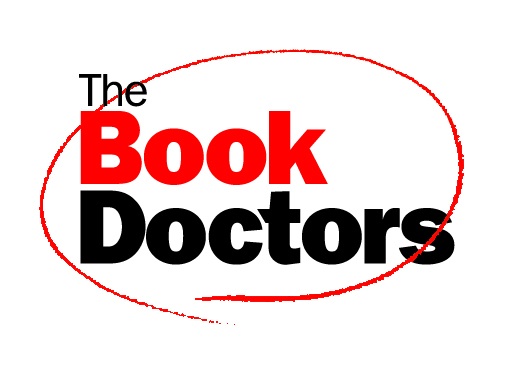
“One time, I only held a job for three hours. I hired as a lighting technician at the Brooklyn Academy of Music in the early 1970s,” recalled author Steve Turtell. “I nearly killed someone when I lost my grip on a ladder that I was holding up—it just started falling and I froze! Luckily, a lighting cable stopped it from falling all the way over. After that, the guy who hired me asked me to leave.”
Mr. Turtell was in the sunken auditorium at the office of Workman Publishing, an independent publishing house in the West Village on Thursday evening, ready to pitch his book “50/50: 50 Jobs in 50 Years, a Working Tour of My Life.” (He has also worked as a nude artists’ model; a research assistant at PBS; a janitor at Gimbel Brothers; a fashion coordinator at Joyce Leslie; a butcher; a baker; and the director of public programs at the New-York Historical Society.)
Click —> HERE to read the full story on the Wall Street Journal.
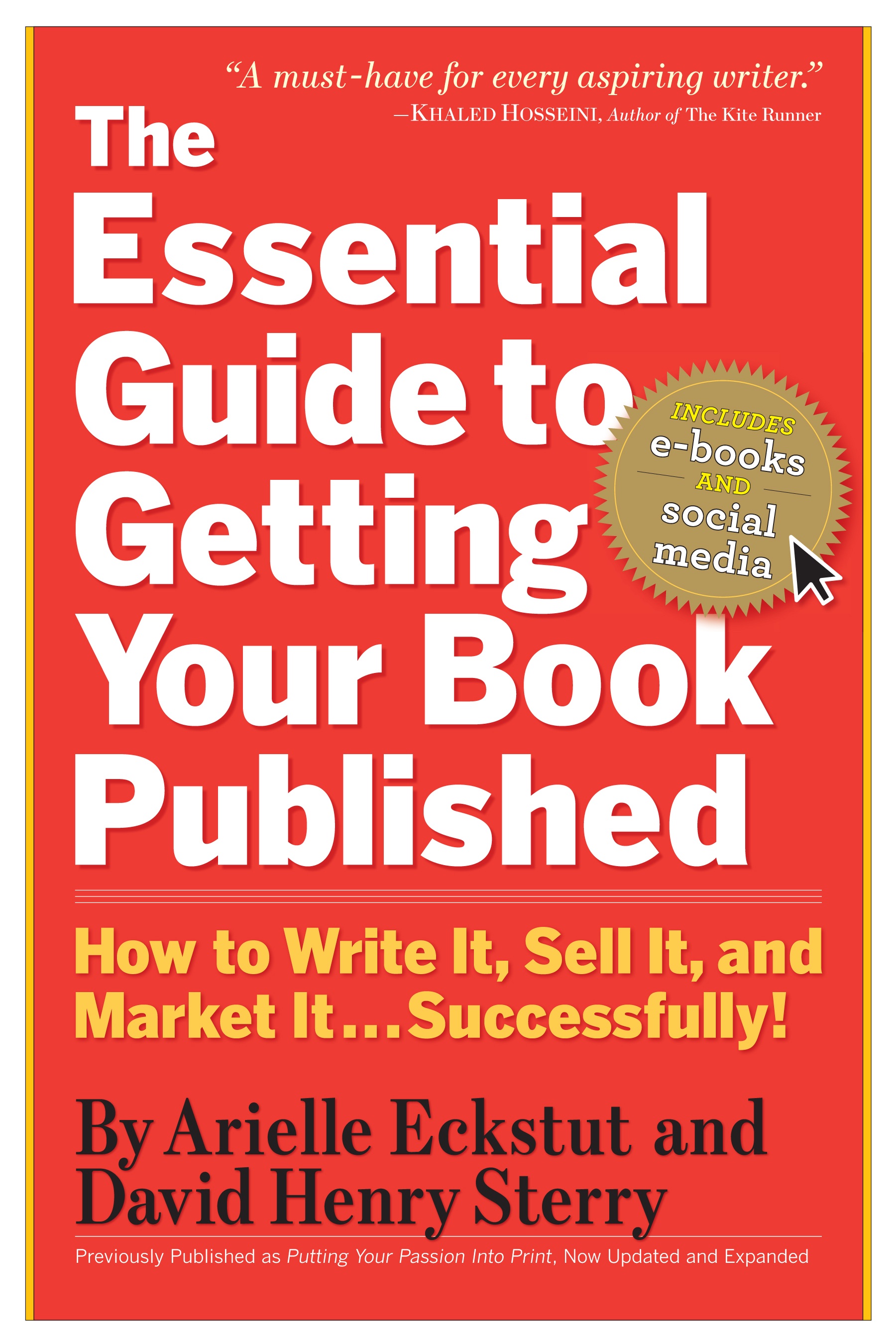
The Essential Guide to Getting Your Book Published – A Surrogate Agent

The Swedish publishing industry differs from the American in one fundamental way: except for handling foreign rights of already established authors, we don’t do agents. As an unpublished author, you send your unsolicited manuscript directly to the publishing companies, and in the rare an unlikely event of being accepted by one, you’re on your own. The Essential Guide to Getting Your Book Published helped me navigate in the strange and uncharted waters that are having your book published, acting all the way as a sort of surrogate agent.
Before submitting my manuscript, I read the chapters on The perfect package and Locating, luring and landing the right agent and worked hard on perfecting my pitch and writing the perfect personal query letter – eventually eliciting comments from my publisher on how refreshing it was to read such a professional personal query letter.
After having signed up with one of the major publishing companies in Sweden, The Essential Guide to Getting Your Book Published kept me informed through all the different stages of the process. It allowed me to relax, secure in the knowledge of what would happen next, and made it possible for both me and my publisher to focus on the important issues – namely, making sure my book was everything it could be. Above all, it helped me to be professional and friendly in my dealings with my publishing company: delivering on time, doing slightly more than what was expected of me, and acknowledging the hard and dedicated work several people did for my book. It resulted in an incredible support and personal commitment from my publisher, editor, publicity and marketing team, and sales representatives. If you’re only going to read one section – it’s Agent Relations.
Katarina Bivald is the author of The Readers in Broken Wheel recommends about a Swedish book nerd suddenly stranded in a small town in Iowa. It will be published in Sweden in September 2013. For more information, please contact Judith Toth on Bonnier Group Agency – [email protected]
Gayle Shanks of Changing Hands Bookstore on How Writers Can Work with Booksellers to Achieve Success
We first met Gayle Shanks when we did an event at her bookstore Changing Hands in Tempe, Arizona. Never having been to Tempe, our expectations were low. Our expectations were blown out of the water. They packed the place. We were duly impressed. Turns out Gayle and Changing Hands have managed to make themselves an essential part of their community. They’ve got a phenomenal collection of books, amazing T-shirts and merchandise, and a wildly knowledgeable staff that absolutely loves books. They also bring in fantastic authors to do events, and really encourage self-publishers. So we thought we’d sit down and have a conversation with Gayle to see exactly how she has managed to keep her bookstore thriving, and in fact expanding at this moment in history when people keep trumpeting the death knell of the bookstore.
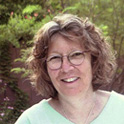
The Book Doctors: So, what prompted you to get into the ridiculous book business in the first place?
Gayle Shanks: When we started thinking about selling books it wasn’t a ridiculous business. Publishers and booksellers were thriving in 1974. There were dozens of independent stores in most cities and people were reading and and buying books. The chains, Borders and Barnes and Noble were smaller and named B. Dalton and Walden Books. They were mostly in shopping centers and didn’t seem to have a large impact on booksellers on Main Streets. Our stores for the most part were small, intimate spaces catering to our local communities and building readers from childhood through old age.
How has the book business changed since you first got into it?
Dramatically. In addition to the “B” chains expanding throughout the country and knocking out the local stores with their over zealous number of stores and retail selling space, Amazon joined the ranks in the 90s and changed the way the public thought about buying books. It’s not necessary to write about the impact Amazon has had but more interesting I think is the innovative ways that indie stores have struggled and evolved and managed to stay around in spite of the stiff and often unfair practices from the chains.
We keep hearing how bookstores are in terrible shape, but we’ve noticed that there are certain bookstores that are going gangbusters, and we would definitely put Changing Hands into that category. What do you do to keep your bookstore relevant and booming?
We change every day in small and large ways. We respond to trends, to our customers’ suggestions, to our employees ideas, to our community’s desires. We think outside the box and have made our store a destination, a Third Place for people to hang out, interact, bring their children, meet authors, have fun. We are an event producer and have over 400 events — large and small — each year inside and for really large events, outside our store. Our gift department with larger profit margins keeps books on our shelves longer and have helped create Changing Hands as a one-stop shopping experience for our customers. We provide gifts for all major holidays and birthday party presents for many, many children in our town. Books and gifts are a natural together and compliment one another. Our used books and remainders offer bargains for those who can’t afford full price new titles and the quality and quantity of them on our shelves offer people lots of choices and price points.
What mistakes do you see amateur writers making over and over again?
Oh so many mistakes — bad covers, not finding a good editor, writing a story that is great for their family but has no commercial appeal, bad writing in general, boring stories. And, an unwillingness or no knowledge of how to market the book once they have written it. It’s a very hard world for writers and self-published writers have an even harder time than those who can find agents and publishers to support them.
What things do you see professional writers do that help them become successful?
They learn to speak well in public. They are great social media people with followers on Twitter and Facebooks and they write great blogs. They interact with their readers and encourage them to share their books with their friends. They befriend their local bookseller and establish relationships with them that will carry over book after book. They make connections with key buyers at indie stores all over the country and cultivate those connections.
When you read a book, what attracts you and what repels you, in terms of putting it on your shelves?
Good writing and an interesting subject always attract me initially, but I have so many books to read that the arc of the story or good character development must happen quickly or I go on to something else. I am always looking for new authors and rely on my sales reps and fellow buyers to alert me to new books coming own the pike. I relish books by authors that I’ve read and loved and can’t wait for them to write another book. Sometimes I’m disappointed but usually not. I read about a book a week and 52 books isn’t that many to read in a year when there are so many published. I have to be somewhat selective but rarely go a day without starting something new. I have a book on CD in my car at all times and listen as I drive even though my commute is only about 10 minutes.
What you see as the future of books and publishing?
I think people are always going to read and I think the trend of reading on devices is going to be short-lived beyond those whose eyesight prohibits them from reading physical books. I think people are tired of staring at computer screens all day and will, after a few more years, not choose them as the way to read for pleasure. E-books will work for long trips to Europe when the weight of many books is too unwieldy for our suitcases but reading in bed and on the beach and on the couch, in my humble opinion, is best done with a book resting on my stomach or in my lap while I sit on a beach chair.
We understand you’re expanding, how did that come about?
A huge hole exists in our community now that most of the chains have left central Phoenix. Most of the indie stores were closed years ago because they weren’t supported by customers who became enthralled with Amazon and buying ‘cheaper’ at the chains. People have been begging us to open a Phoenix store for years now and the opportunity came up when a developer whose vision of a gathering place for the community centered on a bookstore asked us to partner with them on a project that will be truly exciting, innovative and creative. We are rehabbing an old adobe building and it will include our store, a great restaurant and a collaborative/flexible office space. We are planning a store that is smaller by half the size our current store and it will be carefully curated and include a wine and beer bar as well as a commons area where we can host events. The building is across the street from a light rail stop, will include lots of bike racks and we will encourage the urban shopper to
‘think green’ and shop locally.
What can writers do to connect with their local independent bookstore, and why should they?
Buy books at our stores — not on Amazon. Encourage their friends to do the same. Give readings at our stores. Converse with our customers. Suggest books to the buyers that they are reading and are excited about. Don’t stop talking about how important indie stores are to the community of readers and writers. Understand that without indie stores there will be no discovery of new authors, no support of mid-list writers, no venue for discussion and discourse. No young readers growing up attached to their booksellers and their books.
We hate to ask, but what advice do you have for writers?
Keep writing great books so those of us addicted to reading great books can look forward to the next great read. Stay true to your profession and study it. Learn from your mentors and favorite authors. Stay connected to the culture.
When Gayle Shanks isn’t not working in her garden, she is usually reading or watching reruns of West Wing and ER. She loves contemporary fiction, mysteries and memoirs. Occasionally you’ll find her reading essays by people like Malcolm Gladwell, Paco Underhill, Daniel Pink or John McPhee.


